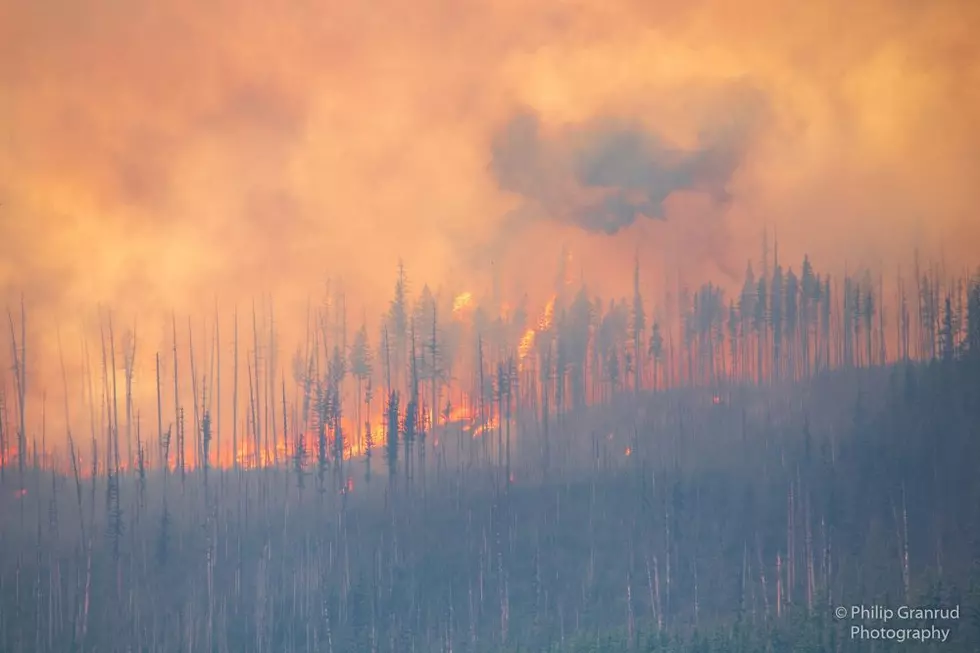
Climate change needs national security response, experts tell House
WASHINGTON (CN) – Giving the crisis of climate change political import, national-security experts warned lawmakers Tuesday about how governments become vulnerable to terrorism as drought begets disease and otherwise cripples global economies.
“I’m not making the case that climate is the direct cause, but it certainly is a significant indirect cause of the kind of strife we deal with, including cross-border migration and terrorism,” retired Vice Admiral Dennis McGinn said.
Testifying this morning before the House Committee on Foreign Affairs, McGinn said the “bottom line up front” is that the U.S. must understand the existence of “threat multipliers.”
“Climate change puts a magnifying glass on existing divisions,” McGinn said. “It can escalate armed conflict; it can spread regional conflict. We must recognize it puts pressure on fragile societies and governments that will cause many of them to fail.”
Terrorist networks like Boko Haram in Africa have exploited the increased drought caused by climate change already.
“Terrorists thrive on additional insecurities created in communities,” McGinn said. “Just look a what happened in Syria.”
Paul Weisenfeld, executive vice president of the nonprofit research organization RTI International, drew the committee’s attention meanwhile to Cyclone Idai, which has killed more than 500 people in the last month since it slammed into Mozambique.
Intensified by warmer ocean waters, the cyclone has ravaged Mozambique’s coastline and, according to reports issued Tuesday by the World Health Organization, spurred at least 1,052 reported cases of cholera.
“It is more cost effective to get ahead of these problems,” Weisenfeld said. “With the predictive analytic capabilities available these days – to have a better understanding of what will happen or understand needs for better construction or how to manage water flow to limit the impacts – it requires strong, sustained investment. And importantly, U.S. leadership.”
McGinn said members of the U.S. military are doing their part.
“People in uniform are pragmatists,” McGinn said. “You can’t debate the intelligence of a minefield out at sea or on shore. … You act on what you know and what your best judgment tells you. In our military, our senior officials are on record saying: we need to do something about climate change and getting support from Congress is essential.”
Representative Bill Keating, D-Md., reminded the committee that from 2012 to 2017, even under a Republican-led Congress, the U.S. government accepted bipartisan findings by researchers that climate change poses a threat to national security because it acts as an “accelerant of instability” and conflict around the world.
But Keating said President Donald Trump’s decision to pull the U.S. out of the Paris climate accord in 2017 replaced positive policymaking with new schisms.
Keating called it troubling that the administration announced last month that he would convene an ad hoc group of scientists to reassess long-held findings on climate science.
Quoting a March 5 letter where 58 former generals, admirals and other high-ranking military officials objected to Trump’s committee, Keating said: “Imposing a political test on the science will erode our national security. It is dangerous to have national security analysis conform to politics.”
Parroting the president’s position, Representative Michael McCaul, a Texas Republican, told fellow lawmakers Tuesday that the Paris framework would have “cost the U.S. economy a fortune” and forced taxpayers to pay more for energy.
McCaul, who did not not offer any supporting data, told the committee: “Our competitors having access to cheaper energy – isn’t that a threat to national security?”
In withdrawing the U.S. from the Paris accord, Trump said it was a “bad deal” for the U.S. economy because other polluting nations, like China or Russia, are not being held to the same stringent greenhouse gas emissions standards.
Representative Dina Titus, a Nevada Democrat, reminded her colleagues meanwhile that the Paris accord imposed no emissions targets: All nations were allowed to set rates on their own, with the accord serving as a guidepost.
On the competition front, the committee also heard Tuesday from Barry Worthington, executive director of U.S. Energy Association, which represents publicly and privately held energy businesses, organizations and federal agencies.
“There was no percentage reduction insisted for China,” Worthington said, prompting Representative McCaul to lament that China has “fired up a coal plant every week and is one of the biggest producers of greenhouse gases.”
According to a 2018 report sponsored by the United Nations, however, China has become a leading producer and exporter of green technology. Last year China poured $126 billion into green technology, three times the amount the U.S. invested. China will also invest $360 billion by 2020 and an estimated $6 trillion by 2030.
McGinn noted that China had a variety of reasons for doing so.
“It could be argued whether Paris was a factor, but if you look at some of the major cities in China and the choking levels of air, water and land pollution, they see the imperative and they are living with the effects of climate change,” McGinn said. “They recognized they had to do something. It wasn’t a zero-sum game of ‘we can deal with climate change or have a strong economy.’”
